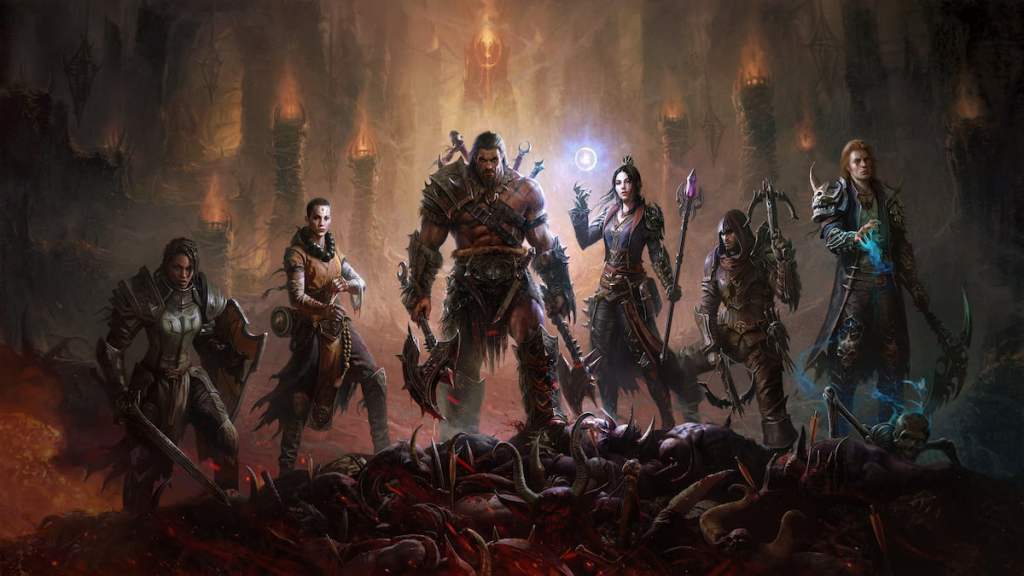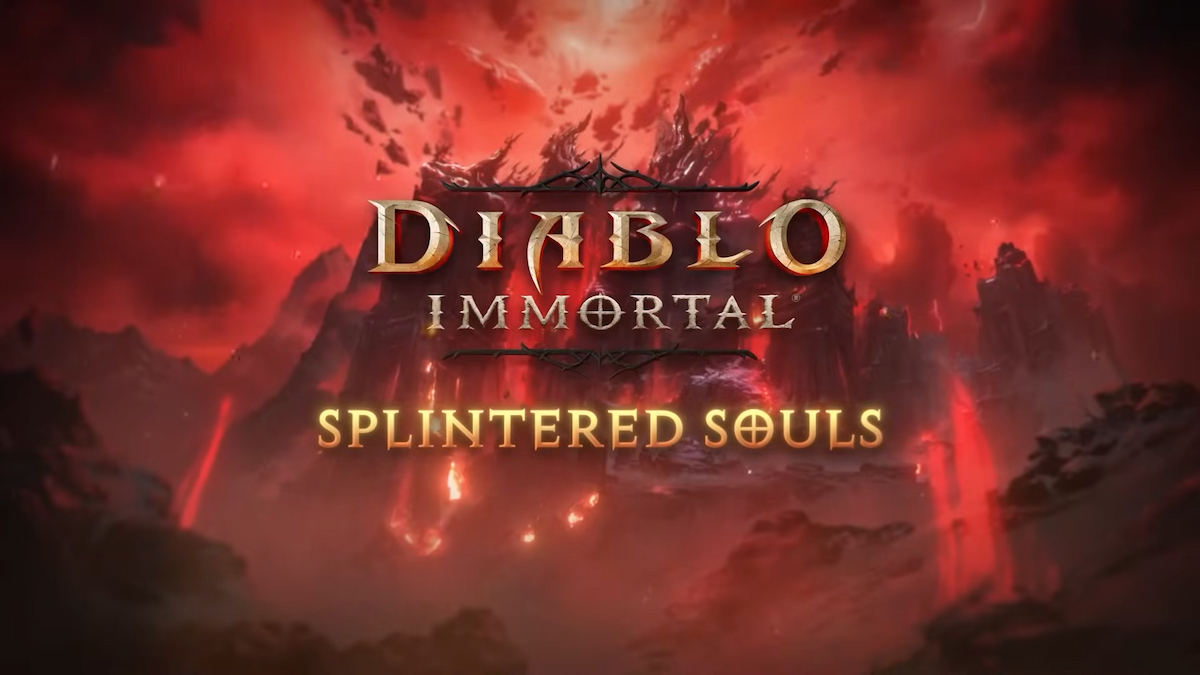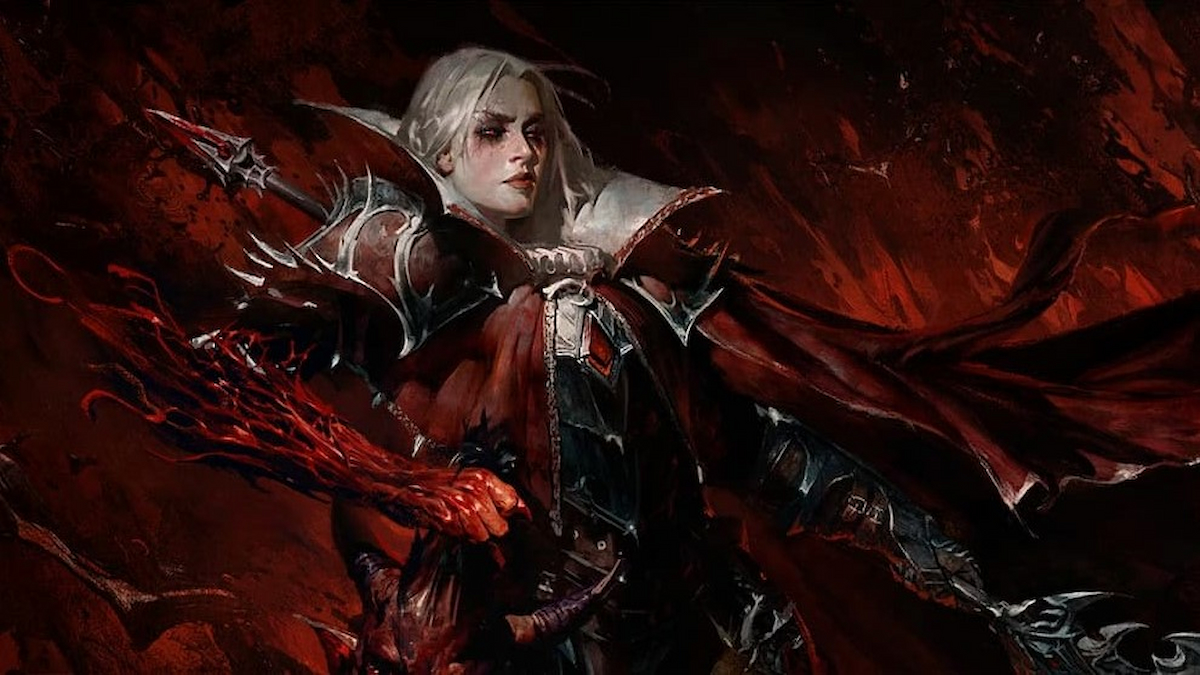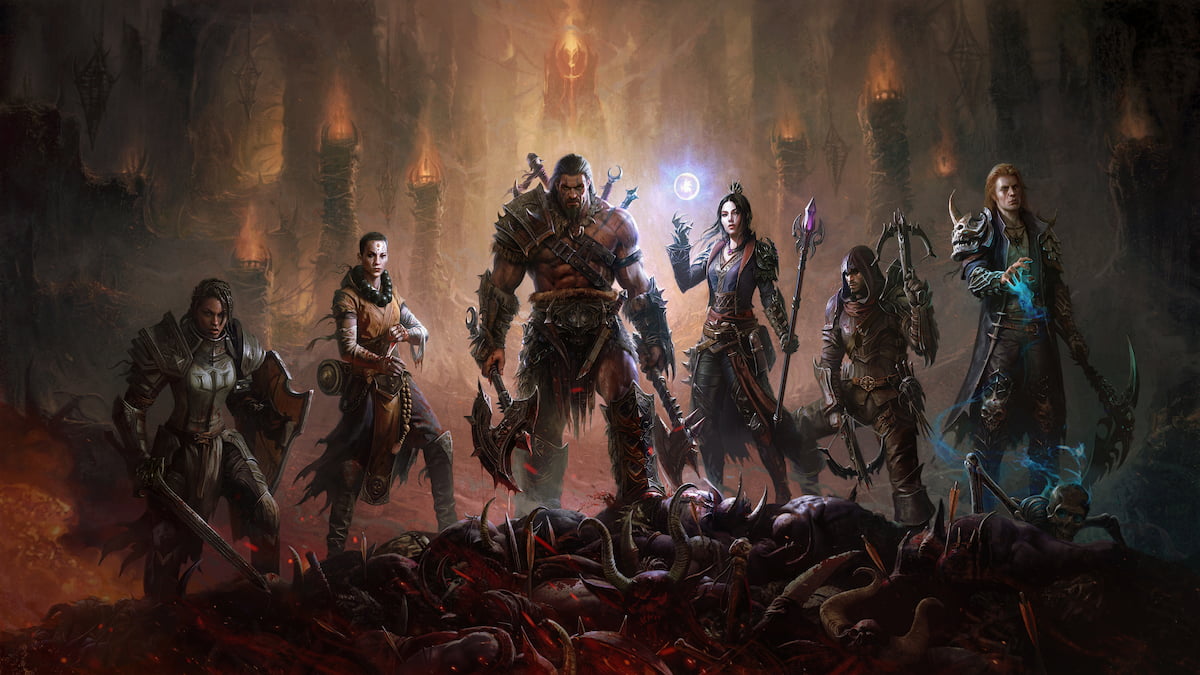Loot boxes have been a point of controversy for many years when it comes to gaming, and as time goes on, more developers and publishers are moving away from including them in their games as consumers become more hostile to them. That hasn’t stopped some games from incorporating them, but maybe they should learn to make that clearer in the future after this newest announcement from PEGI.
Activision Blizzard, the developer and publisher behind Diablo Immortal, has found itself in hot water with PEGI after violating its code of conduct and not disclosing the inclusion of loot boxes in their mobile title, resulting in a fine and stern word from the governing body.
Related: Diablo IV Celebrates Its Upcoming Launch With a Demon-Themed Beverage
Blizzard Failed to Disclose Loot Box Inclusion in PEGI Submission

In a brief post via the PEGI website’s Complaints and Enforcement page, we get some details on why the fine has been issued. Alongside publisher Plaion, Activision Blizzard failed to disclose the inclusion of loot boxes when obtaining their rating licenses, these being Hunt: Showdown Bounty Hunter – Limited Edition and Diablo Immortal, respectively. As a result, both parties have been given fines of €5000/$6000 that need to be paid to the organization. In addition, both companies have now taken “immediate action to update relevant store listings and marketing materials,” meaning they will be forced to disclose that these products contain loot boxes to potential customers.
When Diablo Immortal launched last year, it was heavily criticized for its overly predatory monetization and slow, grindy progression. However, that didn’t stop it from making the publisher a stack of money following its release. Thankfully, the upcoming Diablo IV won’t have any of the same loot box-centric monetization, instead opting for seasons and a battle pass model, so fans can rest easy knowing the mainline title should be left untouched by these controversial features.
In truth, these fines are a drop in the bucket for these publishers and don’t do much other than be a mild inconvenience. However, it does show increased pressure on publishers and efforts from PEGI and other governing bodies to take the discussion of loot boxes more seriously. We’ve seen some steps towards this in recent years, including the EU’s vote to take action regarding loot boxes and other gaming-related issues. Hopefully, with more cases or instances like this, we might see additional changes or extra attention bought to the subject.







Published: May 25, 2023 04:55 pm